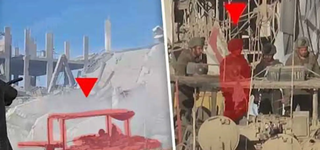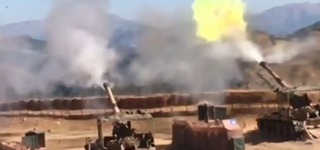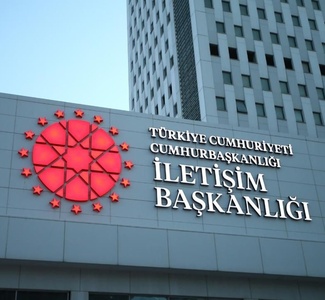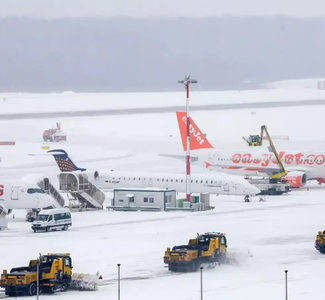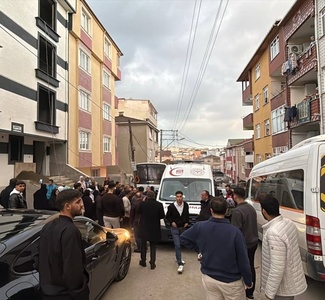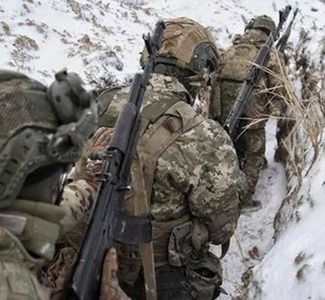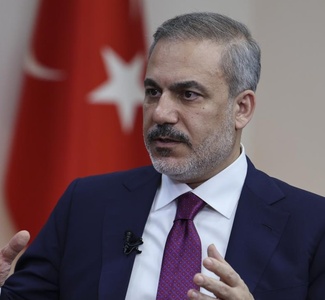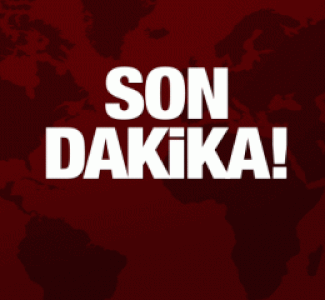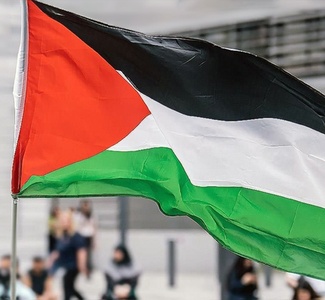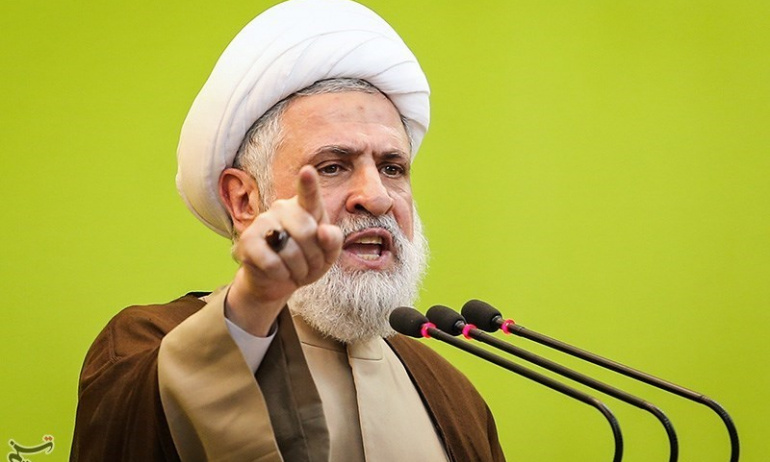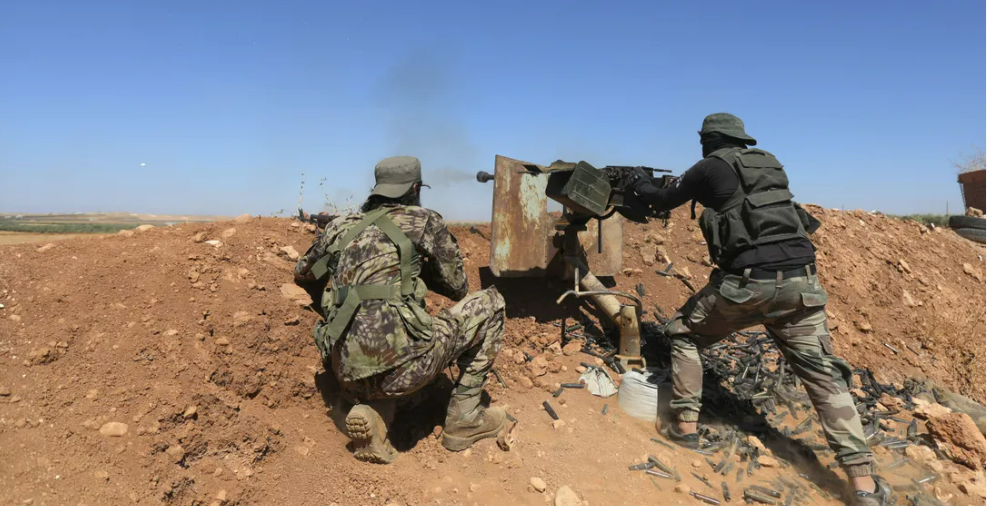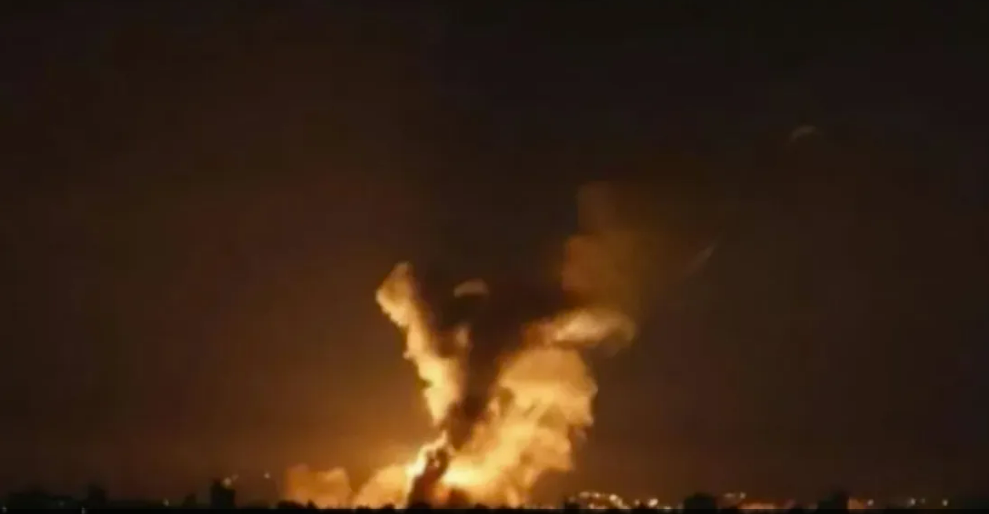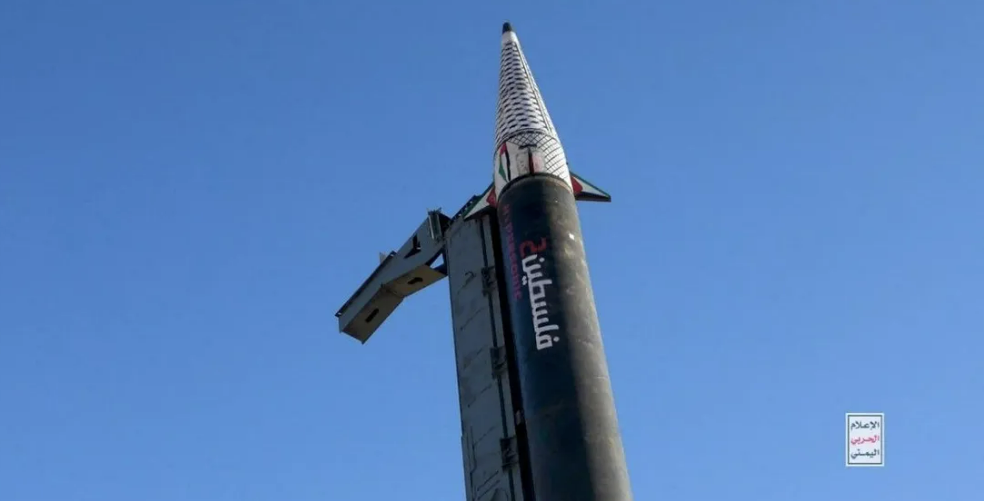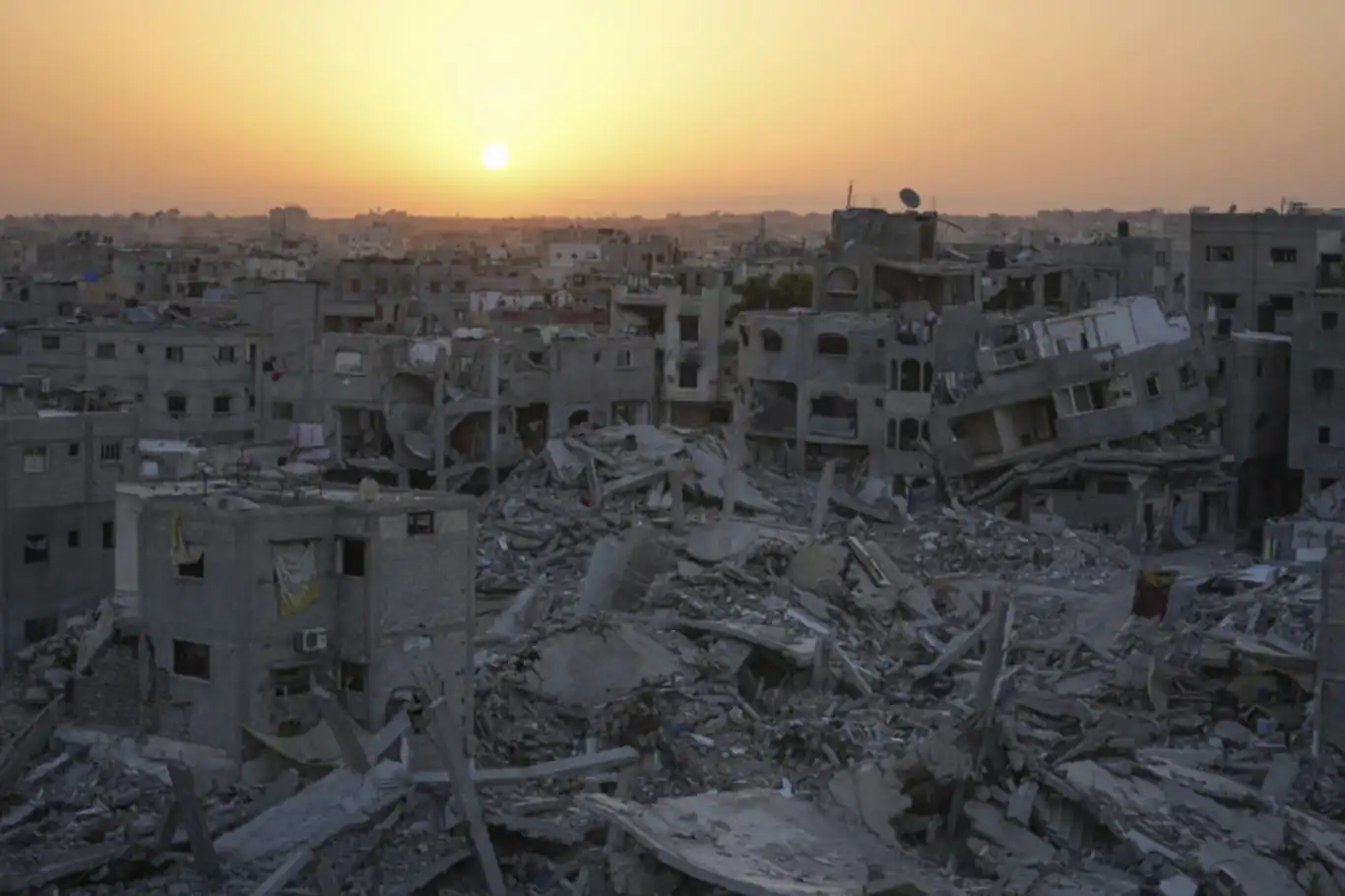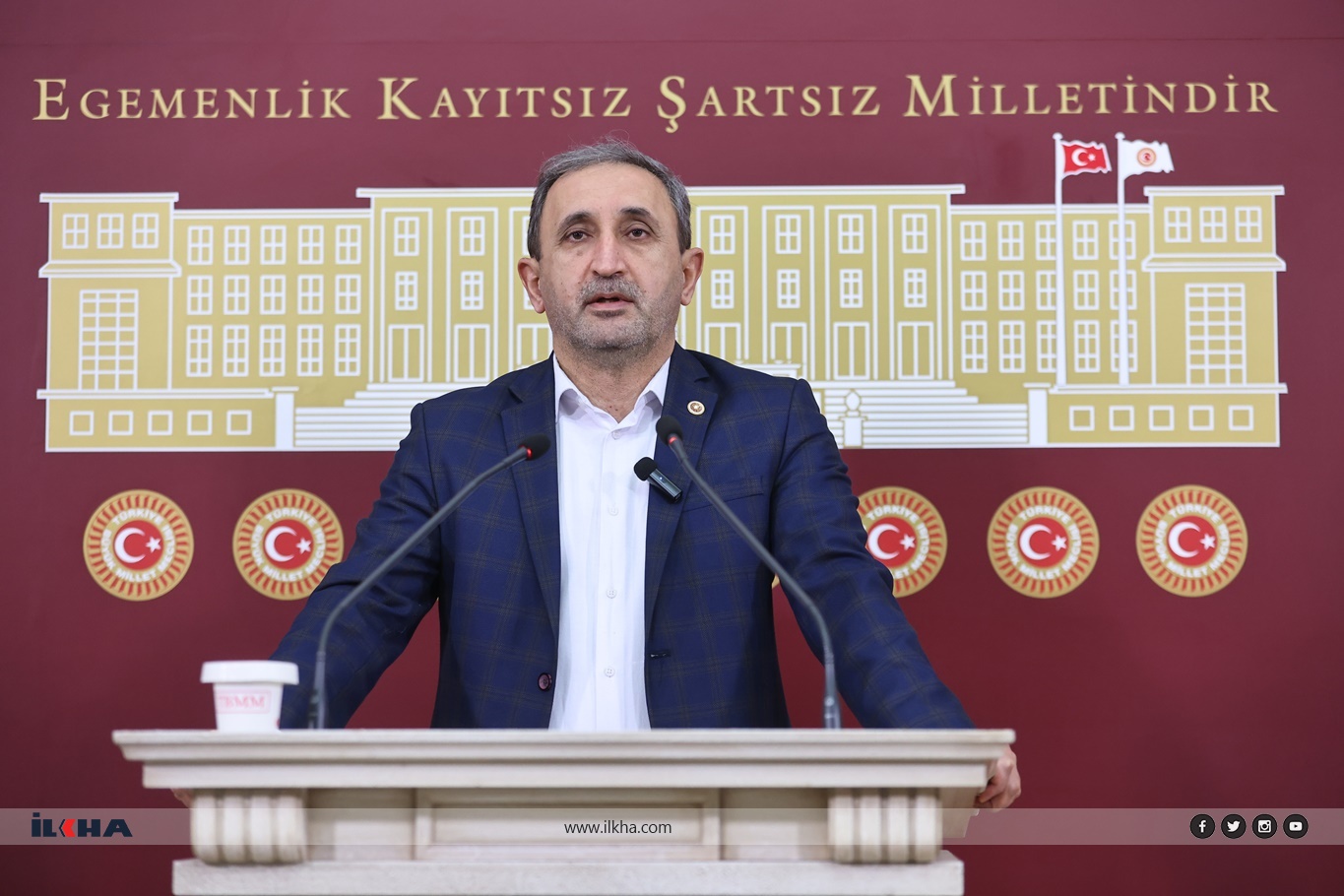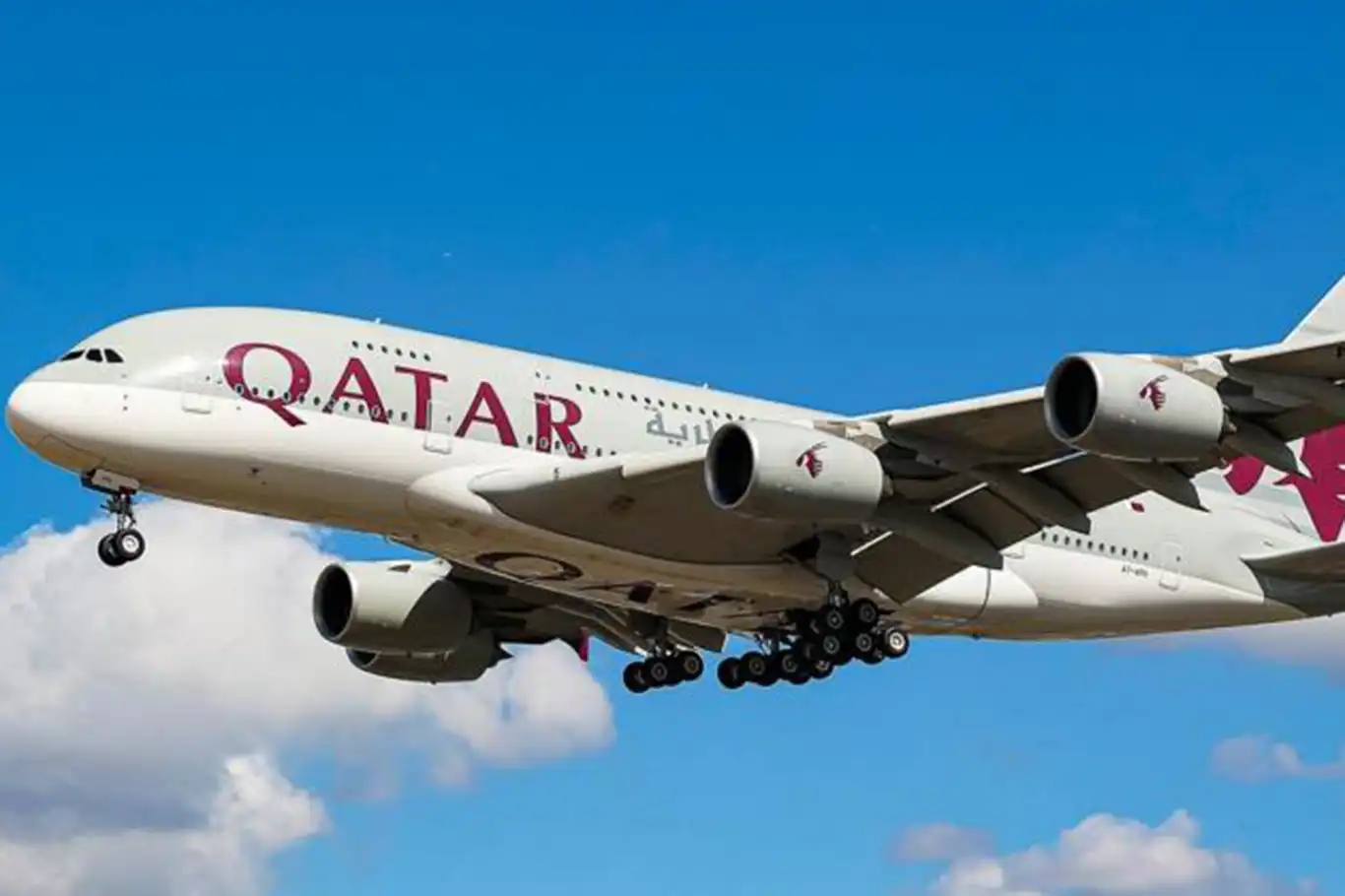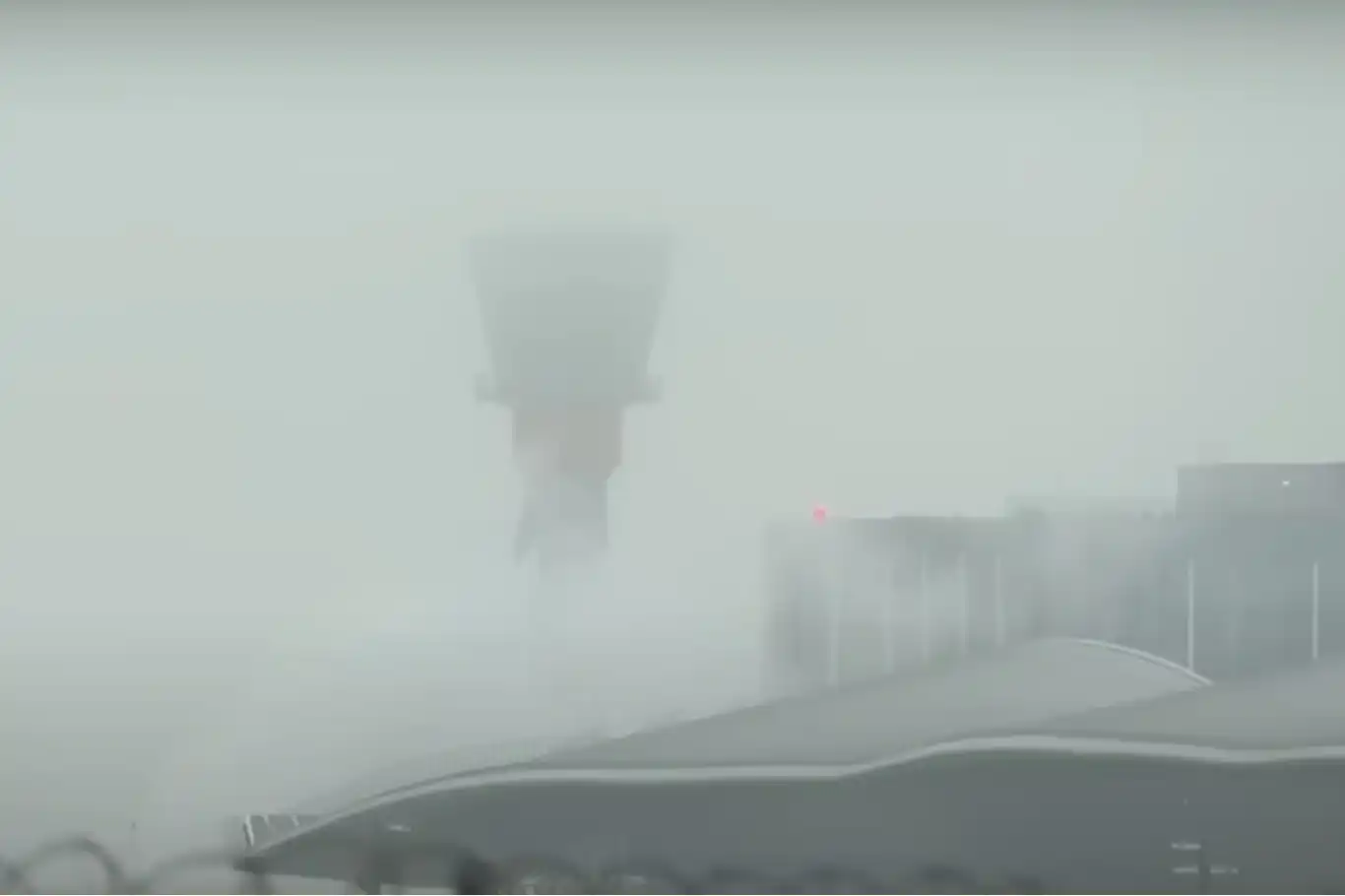1383 years have passed since the conquest of Diyarbakir by Muslims
Today marks the 1382nd anniversary of the conquest of Diyarbakir, which was conquered by the army under the command of Iyaz bin Ganem after the conquest of Mecca.

 Google News'te Doğruhaber'e abone olun.
Google News'te Doğruhaber'e abone olun. The day when the Islamic armies came before the walls of Diyarbakir is one of the most influential pages in history. Diyarbakir became a city of companions with the conquest and became a fortress of faith. That conquest is as clean as the conquest of Mecca.

Khalifa Umar bin al-Khattab gave the task of conquering Diyarbakir to Iyâz bin Ganm. Iyâz mobilized 8 thousand soldiers to take the city. There were nearly a thousand of companions of the Prophet Muhammed (PBUH) in the army. The siege took a long time. All the attacks were fruitless because of the walls surrounding the city. The siege of the city lasted for five months. On the other hand, Hakem b. Hisham, who was sent by Iyaz to Meyafarkin with some military force, conquered it. Meanwhile, the month of Ramadan began due to Muslims were fasting during siege of city. Khalid ibn al-Walid was the commander of army. One of soldiers was leaving a bread to the commander’s tent. However, Khalid ibn al-Walid couldn’t see the bread after a while. The commander guessed that there isn’t any supply left hence he fasted for three days without eating anything. After three days, he wondered about amount of supplies.
Khalid ibn al-Walid: “Are there any supplies left?”
Soldier: “The supplies are sufficient”
Khalid ibn al-Walid: “So why have not you left a bread in the tent for the last three days?”
Soldier: “I leave a bread as usual.”
As a result, they began to watch inside the tent and they noticed that a dog takes the bread and goes to the castle. They followed the dog and they saw that the animal passes the city walls via a small hole. They agreed to make it bigger and pass to another side. Meanwhile, Süleyman, the son of Khalid ibn al-Walid, and his friends passed from that hole and they were able to open the door of the castle. At least 25 Companions were martyred in the war with the guards to open the Gate of the Castle. These martyrs were buried in the cemetery adjacent to the Süleyman Mosque alongside Suleyman b. Khalid (b. Walid).

After the conquest, the majority of the people embraced Islam voluntarily
After the conquest of Diyarbakır, the weapons of the people were collected. They were treated well. They were not forced to enter the religion of Islam. However, most of the people converted to Islam with their own consent.
When the Islamic armies came before Diyarbakır, it was under Byzantine occupation. Therefore, the conquest of Diyarbakır is not an occupation, but a liberation of the city from the Byzantine occupation. The captive people in the city were saved from the darkness of profanity and cruelty. So, they reached the enlightenment and justice of Islam. There was no great war in front of Diyarbakır.
Forty-one friends of Prophet Muhammad (PBUH) were martyred during clashes around the city. Some companions of Prophet Muhammed stayed in the city for a while. Therefore, there should be more than forty tombs of them. The names of the martyr soldiers, who were written on a table and hung on the wall of the mosque, are as follows: Süleyman b. Hâlid b. Velid (ra), Rıdvan (r.a.), Mes'ûd (r.a.), Beşir (r.a.), Hamza (r.a.), Amr (r.a.), Şu'be (r.a.), Sâbit (r.a.), Zeyd (r.a.), Zeyd (r.a.), Halid (r.a.), Halid (r.a.), Nu'mân (r.a.), Muhammed (r.a.), Muhammed (r.a.), Abdullah (r.a.), Abdullah, Abdullah (r.a.), Hasan (r.a.), Hasan (r.a.), Ka'b-i Zişan (r.a.), Fudayl (r.a.), Mâlik (r.a.), Fahr (r.a.), Ebu'l-Hamd (r.a.), Ebu Nasr (r.a.), Muğire (r.a.). (ILKHA)






























